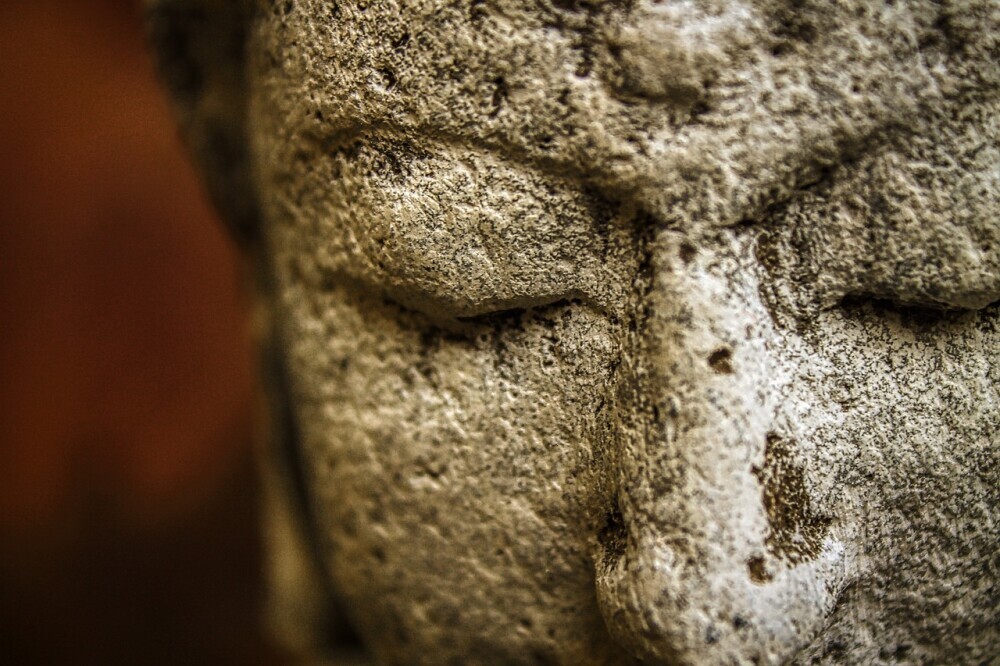In a sense, all Christians, like Abrham, are “homeless” in that they are but so journers in this world (Heb 11:13), This reality, however, must not lessen the impact of the responsibility of Christians who are able to own a house or pay rent on an apartment towards persons who, for a variety of reasons, are unable to do either.
The biblical term “sojourner” includes a variety of persons, native and nonnative, who did not have permanent homes of their own in the land in which they were living. While some sojourners were attached to a household (1 Kings 17:20; Job 19:15), others were transient (eg., 2 Sam 4:3; 2 Chron 15:9), “like a bird wandering from its nest” (Prov 27:8 HCSB). The rights of all were vulnerable. For this reason, sojourners, like the poor, orphans, and widows, fell under the special protection of God (Deut 10:17-18; Ps 146:9; cp. Rom 8:38-39) and were to be treated as equals under the Mosaic law (Lev 24:22; Deut 24:17). Both the OT and NT declare that God’s people are to provide for the homeless (Lev 19:10; Deut 10:18-19; Job 31:32; Isa 58:7; Zech 7:9-10; Matt 25:31-46).
Other biblical examples of homelessness include Absalom, who fled his home as a fugitive (2 Sam 14:13-14), various OT saints (Heb 11:37-38), Jesus (Matt 8:20), the prodigal son (Luke 15:13-16), and Paul (1 Cor 4:11). The people of Israel considered themselves homeless when they were uprooted from their land in exile (Jer 12:7; Lam 4:14-15; 5:2; Hos 9:17; Amos 7:17).

 1 month ago
11
1 month ago
11










 English (US) ·
English (US) ·